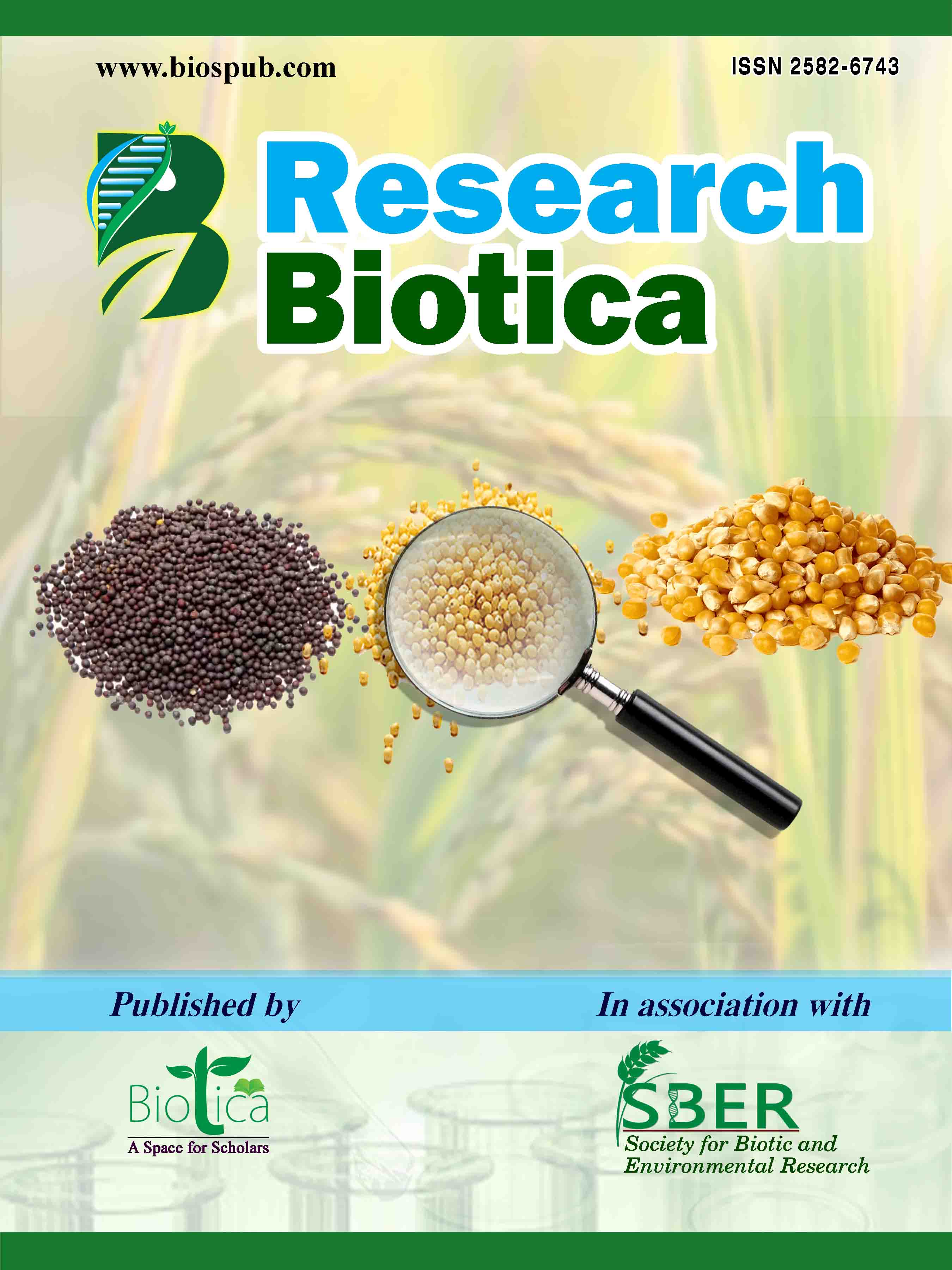Zero Budget Natural Farming
Keywords:
Bijamrit, Jeevamrith, Mulching, ZeroAbstract
Zero budget natural farming is chemical-free agriculture which aims at bringing down the production cost of all crops to almost zero and return to a pre-green revolution style of farming. The rising cost of external inputs, exposes farmers to high monetary risks leading to indebtedness among them. Since, no need to spend money or take credits for external inputs in ZBNF, the cost of production is reduced in such a way that the farming is made into a “zero budget” exercise. Investments on inputs are reduced without compromising with the output. Presently, when chemical-intensive farming is degrading soil quality and environment, a zero-cost farming method can be environmental-friendly and definitely a timely initiative. The system is aimed at maintaining genetic diversity existing in seeds and crops. It improves water ecosystem, soil quality and agricultural output, hence preventing biodiversity loss and environmental degradation.









 |
|